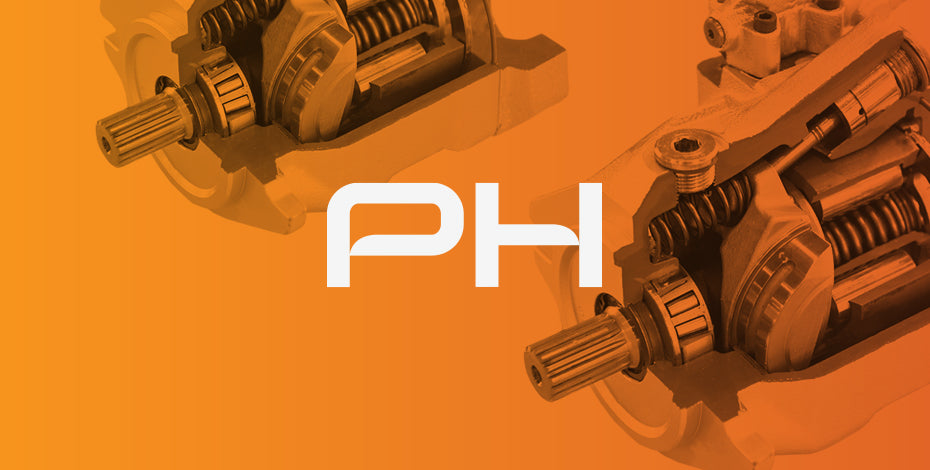Hydraulic piston pumps are essential components in professional equipment and industrial machinery, known for their high efficiency and suitability for high-pressure applications. Understanding how these pumps work can help you choose the right one for your needs.
There are two major types of hydraulic piston pumps: axial and radial. Each type can have fixed or variable displacement. Fixed displacement pumps deliver the same amount of fluid each cycle, while variable displacement pumps can adjust the amount of fluid delivered per cycle. Despite both being piston pumps, they operate quite differently.

How Axial Piston Pumps Work
An axial piston pump features four major components: a shaft, swashplate or bent axis, cylinder block, and valve plate. The cylinder block houses the pistons, which are arranged cyclically around the drive shaft’s axis, giving it the name "axial piston pump."
The pistons in the cylinder block move up and down as the drive shaft rotates. The piston’s stroke varies depending on the angle of the swashplate or bent axis. As the pistons move in one direction, they are connected to a suction line, and when they move in the opposite direction, they connect to a discharge channel, allowing a continuous flow of fluid.

How Radial Piston Pumps Work
The design of a radial piston pump is significantly different from an axial pump. A radial piston pump consists of a cylinder block, rotating camshaft, and pistons. The pistons are arranged radially around the cylinder block, diverging from the camshaft like rays. The rotation of the cam causes the pistons to transition between suction and discharge phases, maintaining a continuous flow of fluid.
Choosing Between an Axial & Radial Piston Pump
When choosing a hydraulic pump, it’s important to evaluate your specific application requirements. Key factors include pressure requirements, desired flow rate, speed, horsepower, and the type of fluid being dispersed.
- Axial Piston Pumps: Preferred for extremely high-pressure applications.
- Radial Piston Pumps: Versatile and can handle various fluids, including mineral oil and water-glycol hydraulic fluid.
Remanufactured Pumps Versus OEM Pumps
Even though piston pumps are highly efficient and reliable, issues like contamination, over-pressurization, and inlet blockages can cause them to fail. When this happens, timely replacement is crucial.
Questions to Consider:
- How long are you willing to wait to receive your pump?
- Is your pump discontinued?
- What is your budget?
Remanufactured Pumps: Ideal for quick and relatively inexpensive solutions. They do not always meet OEM specifications but can be a cost-effective alternative, especially when dealing with discontinued models. Though they need a usable core which isn't always available.
Brand New Aftermarket OEM Pumps: Best option if the original equipment is discontinued or if you want your product to meet or exceed OEM specification. New pumps ensure compatibility and performance and often have shorter lead times with our quality distributors.

Our Commitment at PUSH Hydraulics
At PUSH Hydraulics, we offer a wide range of hydraulic piston pumps, for aftermarket brands like Vickers and Rexroth. Our goal is to provide you with the highest quality aftermarket parts to keep your equipment running smoothly. We are committed to building trust with our customers, making the buying process easy, and expanding our partnerships with more distributors in the future.
We invite you to explore our selection of hydraulic pumps and aftermarket parts. Whether you choose a remanufactured pump or an OEM replacement, you can trust PUSH Hydraulics to deliver quality and reliability.
Contact Us
Have questions or need assistance? Reach out to us through our website, and we will be happy to assist you.
Thank you for choosing PUSH Hydraulics. We look forward to serving you and helping your business thrive.

